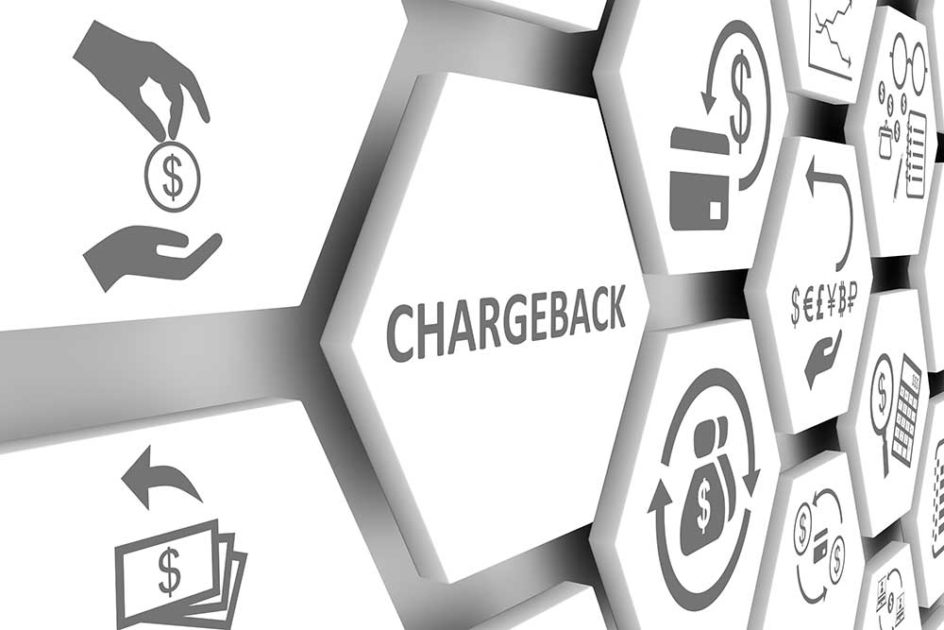
By alphacardprocess January 14, 2022
As a business owner, you need to know how the chargeback process works and what you can do to win a chargeback. This article will provide an in-depth explanation of the entire chargeback process and tips on how to win a chargeback case. I’ll also point out some common mistakes that merchants make when they lose a chargeback case.
What is a Chargeback?
A chargeback is a disputed credit card transaction. The cardholder (the person who owns the credit card) contacts the bank that issued the credit card and disputes the charge. The bank then initiates a chargeback process, which involves contacting the merchant’s bank and requesting a reversal of the charge.
The chargeback process is essentially a dispute resolution process that allows the cardholder and the merchant to present their evidence and arguments to the bank. The bank then decides who wins the dispute and issues a credit to the appropriate party.
How Does the Chargeback Process Work?
The chargeback process can be broken down into 4 steps:
- The cardholder contacts the bank that issued the credit card and disputes the charge.
- The bank contacts the merchant’s bank and requests a reversal of the charge.
- The merchant’s bank forwards the request to the merchant.
- The merchant responds to the request and provides evidence to support their case.
The entire process can take anywhere from a few days to a few weeks, depending on the complexity of the case and the availability of evidence.
What Can Merchants Do to Win a Chargeback?
There are several things that merchants can do to increase their chances of winning a chargeback case:
- Make sure you have a solid business relationship with your credit card processor. Chargebacks are processed by the bank that issued the credit card, so having a good relationship with your credit card processor can be very helpful during the chargeback process.
- If you believe that someone has made an unauthorized transaction on your account, contact your bank as soon as possible to request a “fraud block.” An account that has a fraud block is not allowed to make any credit card transactions. If someone tries to charge a fraudulent transaction to your account, the bank will immediately decline the transaction and prevent it from going through. This can be very helpful in preventing losses from unauthorized transactions.
- Keep good records of your transactions. This includes sales records, shipping records, and any other documentation that can support your case. If you are unable to provide evidence to support your case, the bank is likely to rule in favor of the cardholder.
- Respond quickly to any requests from the bank. The bank will usually request information from both the cardholder and the merchant as part of the chargeback process. If you fail to respond within the time frame mentioned in the request, the bank may automatically rule in favor of the cardholder.
- Have a quality control department that identifies potentially fraudulent transactions and prevents them from going through on your account. This is one of the best ways to prevent losses due to chargebacks.
- If you are able to identify the cardholder, make sure that you work with them to resolve the issue instead of just ignoring their dispute or sending a generic response. Even though you have documentation that the transaction was valid, it’s in your best interest to try and work things out with the cardholder before it gets escalated to the bank.
These are just a few of the things that merchants can do to increase their chances of winning a chargeback case. For more information, please contact your credit card processor or consult with an attorney who specializes in credit card law.
